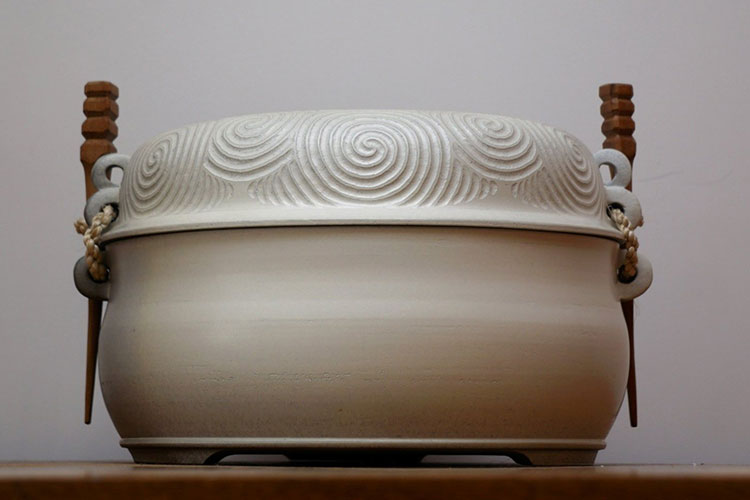When it comes to haka composition, Te Ara Reo Māori kaiwhakahaere Ruki Tobin has dedicated his life to the lessons of his teachers.
By using the teachings passed down to him by the late Dr Ngāpo Wehi, the 36-year-old is taking the Tira Rangahau road to share his knowledge to ensure that haka is seen as a form of learning rather than just "a performance".
"When you dive into mōteatea, when you dive into waiata-ā-ringa, you see references to people and events. Haka is the same but in western institutions, they don't see that. Often when you say haka, people will say, oh it's a war challenge or they see a dance. That's what I want to change," he says.
In changing the perception, Ruki hopes individuals will gain a greater appreciation into the messages delivered in haka.
"Often you'll see patriots of Aotearoa overseas enjoying their time and people will say 'do a haka', and these people, who would not normally participate in any sort of kapa haka, are all of a sudden - 'ka mate ka mate'. Why? because they're not informed," he says.
"I'm not here to point the finger, I'm just here to say 'hey that's a deficiency in learning. Let's fix that'."
Although every person will have their own unique style, Ruki was tutored to approach haka in a very systematic way.
"The composition of a haka documents many things; it challenges, it inspires, it informs but it also unites people under one idea. That idea is what you're delivering in your haka," he says.
"Koro said to me, 'The composition of haka is a holistic one, beginning with a thought'.
He'd say that's the birthplace of all haka. From that thought there's wānanga because your words are the embodiment of your thoughts and feelings through sound."
The next part, of course, is action.
"Haka is the language of the body so from whakaaro, kupu, ā-ringa, we now have haka. All three of those need to be balanced before you can even attempt to do a haka."
At the 2013 Te Matatini, Ruki's roopu Te Waka Huia, held wānanga over four consecutive weekends to present their haka on whakamomori.
"Wānanga was a big part to give people the chance to have their say. That's what a haka is. It's an opportunity to document that and as a roopu, present it," he says.
"With Te Matatini coming up again there will be new issues coming through."
Since the launch of the Polynesian Festival in 1972 - which became the Aotearoa traditional Maori Performing Arts festival and is now Te Matatini - audio and video documentation of every performance means researchers like Ruki can access almost five decades' worth of compositions to draw on and study.
"It's planting that seed, that kākano into people," says Ruki.
"Kapa haka has played a huge part in my life, it's helped define who I am but in saying that, there's still a lot more to learn."




































